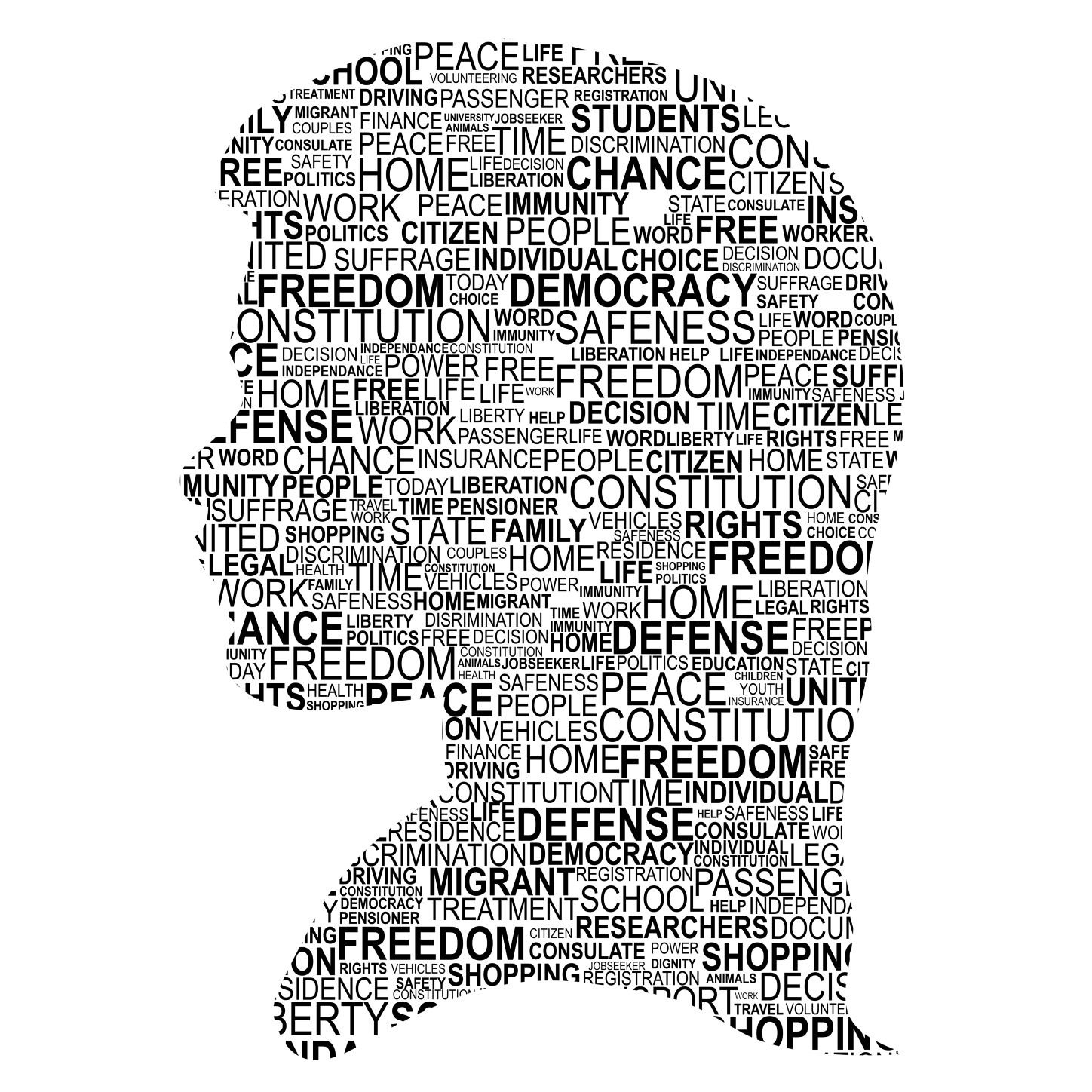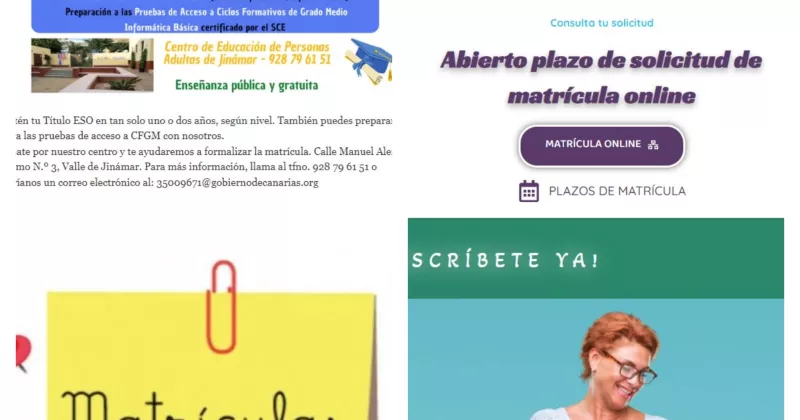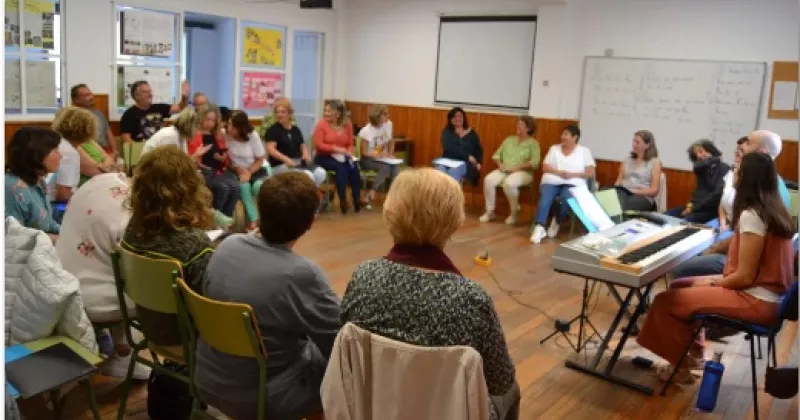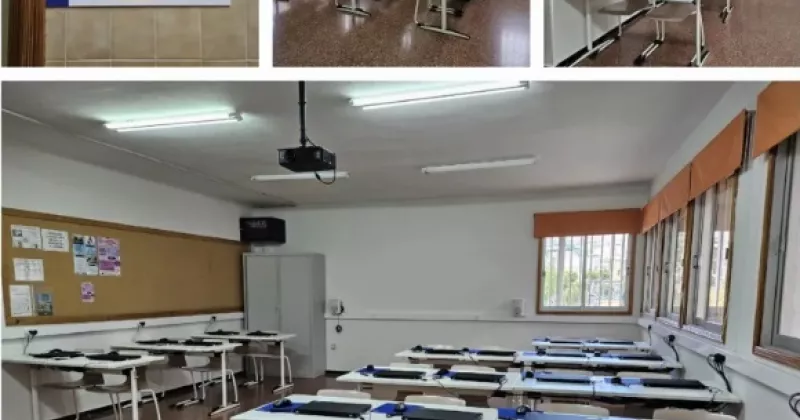Human rights education and the identity of the Nordic folk high schools


Photo: colourbox
By Johan Lövgren
It was my first year as a full-time academic and I was enthralled by all the opportunities opening up in my new job. I had just started an education for folk high school teachers and was having my first year of teaching at the primary school teacher’s program. At the same time, I launched both a Nordic and a global research network while being the main editor for a Nordic anthology. I knew that this was not the time take on any more work.
A call for papers from the journal Human Rights Education Review inspired me to study literature and research on human rights education (HRE). Both in the UN Declaration on Human Rights Education and Training (UNDHRET) and in HRE research I found many links to the pedagogy and practice of the folk high schools. I submitted an abstract for an article on the role of folk high schools in Nordic HRE, and the journal responded with a request for a full article. During the year-long process of writing, editing and peer review, I had many opportunities to regret my early enthusiasm. (My very last revision of the text was delivered on a Monday morning at 05:20). What gave me motivation and made the process meaningful was the parallels I found between HRE and the Nordic folk high schools. The finished article is called "From nation building to global citizenship: human rights education in the Nordic folk high schools" and can be downloaded for free at http://doi.org/10.7577/hrer.4470.
From nation-building to global citizenship
The article has three main parts: an introduction about the Nordic folk high schools with examples of current global projects, a review of research on folk high schools and HRE, and an empirical study based on texts written by folk high school students. The first part of the paper describes how the folk high schools were established to empower the people for active participation in the establishment of democracy in the Nordic region during the 19th century. Researchers are pretty much in agreement about the schools’ role in the development of what has been called the Nordic model of democracy. But when it comes to the contemporary folk high schools there is an ongoing discussion about whether they have upheld their role in Nordic popuar education towards democracy (for references, see the article). My paper contributes to this debate, presenting the hypothesis that the modern folk high schools have re-orientated their focus from the establishment and growth of national democracies to global citizenship. The article links this reorientation to human rights education and asks whether the identity and practice of today's folk high schools reflect United nations declaration on human rights education.
UN declaration on human rights education
The Declaration of Human Rights from 1948 has been succeeded by several follow-up documents from the UN. UNDHRET came in 2011 and describes how human rights are to be included in schooling and education (the text is available online). UNDHRET became the central document for the academic field of HRE where researchers and teachers discuss how human rights become (or do not become) part of school and education around the world.
Central to UNDHRET are three themes outlined in the declaration’s second article. The text develops what it means to teach about human rights, through human rights and for human rights. My article on folk high schools and HRE presents two studies where students have written texts about their folk high school experience. Quotes from main categories found in student’s texts present how the three themes from UNDHRET are in keeping with, reflect and enrich contemporary fok high school pedagogy.
Learning about human rights
Education about human rights, which includes providing knowledge and understanding of human rights norms and principles, the values that underpin them and the mechanisms for their protection (UNDHRET Article 2.2a)
Researchers on HRE agree that the main focus of the first theme is on learning the content and meaning of human rights. At the same time, HRE publications point out that implicit in the phrase "understanding ... of the values that underpin them" is an expanded / broader approach to learning that not only deals with knowledge, but also involves the student's value system. The thematic text analysis of texts written by folk high school students imply that this kind of development can be seen as a part of their learning.
Learning through human rights
Education through human rights, which includes learning and teaching in a way that respects the rights of both educators and learners. (UNDHRET Article 2.2b)
The wider text of the declaration develops this perspective in ways that connects closely to the pedagogy and practices of the folk high schools. The declaration states that the goal of HRE is "the full development of the human personality" and that it "should be conducted in a way that reflects human rights". Article 4 of the declaration adds that HRE should strive to develop "a universal culture of human rights" and to promote the student as a "responsible member of a free, peaceful, pluralist and inclusive society”. My article indicates that student’s description of their folk high school experience reflect these kind of processes.
Learning for human rights
Education for human rights, which includes empowering persons to enjoy and exercise their rights and to respect and uphold the rights of others. (UNDHRET Article 2.2c)
The third central theme explores the role of HRE in empowering students to "promote, protect and effectively realize human rights". HRE is described as education that enables participants to promote "understanding, tolerance and friendship among all nations and all racial, ethnic or religious groups ". A central finding in my research on learning in the folk high school is that students describe an increased understanding and tolerance towards those from a different background then their own.
UNDHRET defines HRE as forms of education that "embrace and enrich, as well as draw inspiration from, the diversity of civilizations, religions, cultures and traditions of different countries, as it is reflected in the universality of human rights”. The folk high schools with their wide range of organisational backgrounds and different value systems can be seen as representatives for this diversity in the Nordic region.
The Nordic folk high schools - a regional adaptation of HRE
The article’s analysis concludes that the pedagogy and practice of the folk high schools can be seen as a reflection of central elements in HRE. The analysis implies that there has been a change in the educational focus of the Nordic folk high schools from national citizenship education to global and human rights-related issues. In my article I argue that this connection could provide an important answer to question about the folk high schools’ role in contemporary Nordic popular education.
The article concludes by suggesting that the Nordic folk high schools could be seen as a regional adaptation of Human Rights Education.




